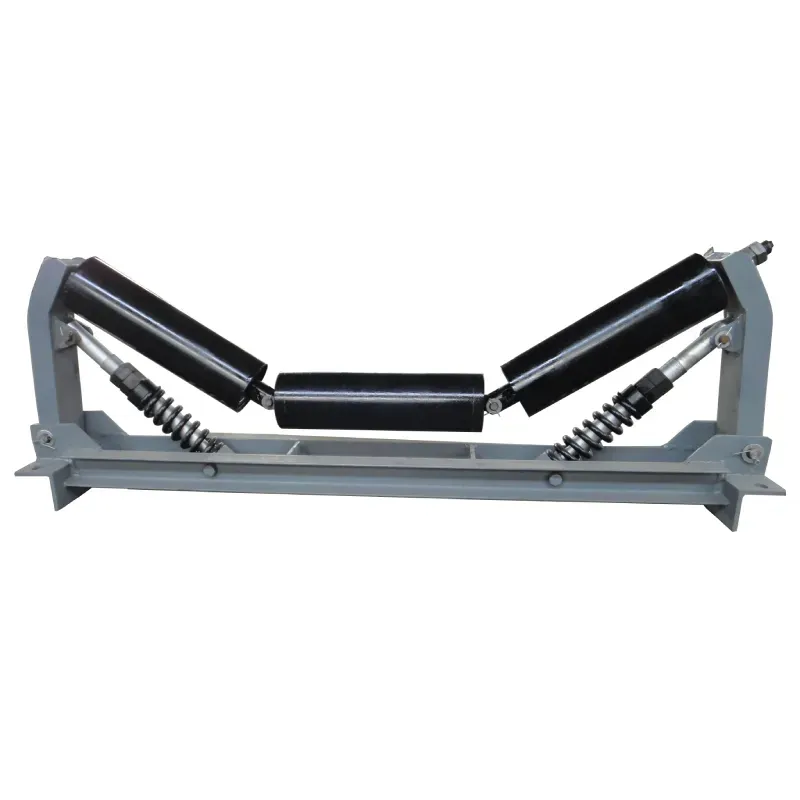 Afrikaans
Afrikaans  Albanian
Albanian  Amharic
Amharic  Arabic
Arabic  Armenian
Armenian  Azerbaijani
Azerbaijani  Basque
Basque  Belarusian
Belarusian  Bengali
Bengali  Bosnian
Bosnian  Bulgarian
Bulgarian  Catalan
Catalan  Cebuano
Cebuano  Corsican
Corsican  Croatian
Croatian  Czech
Czech  Danish
Danish  Dutch
Dutch  English
English  Esperanto
Esperanto  Estonian
Estonian  Finnish
Finnish  French
French  Frisian
Frisian  Galician
Galician  Georgian
Georgian  German
German  Greek
Greek  Gujarati
Gujarati  Haitian Creole
Haitian Creole  hausa
hausa  hawaiian
hawaiian  Hebrew
Hebrew  Hindi
Hindi  Miao
Miao  Hungarian
Hungarian  Icelandic
Icelandic  igbo
igbo  Indonesian
Indonesian  irish
irish  Italian
Italian  Japanese
Japanese  Javanese
Javanese  Kannada
Kannada  kazakh
kazakh  Khmer
Khmer  Rwandese
Rwandese  Korean
Korean  Kurdish
Kurdish  Kyrgyz
Kyrgyz  Lao
Lao  Latin
Latin  Latvian
Latvian  Lithuanian
Lithuanian  Luxembourgish
Luxembourgish  Macedonian
Macedonian  Malgashi
Malgashi  Malay
Malay  Malayalam
Malayalam  Maltese
Maltese  Maori
Maori  Marathi
Marathi  Mongolian
Mongolian  Myanmar
Myanmar  Nepali
Nepali  Norwegian
Norwegian  Norwegian
Norwegian  Occitan
Occitan  Pashto
Pashto  Persian
Persian  Polish
Polish  Portuguese
Portuguese  Punjabi
Punjabi  Romanian
Romanian  Russian
Russian  Samoan
Samoan  Scottish Gaelic
Scottish Gaelic  Serbian
Serbian  Sesotho
Sesotho  Shona
Shona  Sindhi
Sindhi  Sinhala
Sinhala  Slovak
Slovak  Slovenian
Slovenian  Somali
Somali  Spanish
Spanish  Sundanese
Sundanese  Swahili
Swahili  Swedish
Swedish  Tagalog
Tagalog  Tajik
Tajik  Tamil
Tamil  Tatar
Tatar  Telugu
Telugu  Thai
Thai  Turkish
Turkish  Turkmen
Turkmen  Ukrainian
Ukrainian  Urdu
Urdu  Uighur
Uighur  Uzbek
Uzbek  Vietnamese
Vietnamese  Welsh
Welsh  Bantu
Bantu  Yiddish
Yiddish  Yoruba
Yoruba  Zulu
Zulu belt cleaner
The Importance of Belt Cleaners in Conveyor Systems
In today’s industrial landscape, conveyor systems are integral to the efficiency and productivity of operations ranging from manufacturing to warehousing and distribution. However, these systems face a common challenge material buildup on the belts. This is where belt cleaners come into play, providing a crucial solution to maintain the operational integrity of conveyor systems.
Belt cleaners, also known as belt scrapers, are designed to remove residual material from the surface of conveyor belts. They come in various types and materials, including mechanical and automatic systems, making them versatile for different applications across various industries. The significance of belt cleaners cannot be overstated, as they play a vital role in enhancing the overall efficiency and reliability of conveyor operations.
Preventing Material Buildup
One of the primary functions of belt cleaners is to prevent material buildup on the conveyor belts. Over time, residue from transported materials can accumulate, leading to a range of problems including belt misalignment, wear and tear, and even potential stop in operations due to jams. Clean belts not only improve the efficiency of material transport but also extend the lifespan of the conveyor system. By employing effective belt cleaning solutions, companies can minimize downtime and reduce maintenance costs.
Reducing Contamination Risk
In many industries, especially those dealing with food and pharmaceuticals, contamination is a serious concern. Residual material left on conveyor belts can lead to cross-contamination, jeopardizing product quality and safety. Belt cleaners help eliminate this risk by ensuring that the belt surfaces are free from any adhering substances. This not only meets regulatory standards but also builds consumer trust in the brand. Thorough cleaning practices facilitated by belt cleaners are essential for maintaining compliance with health and safety regulations.
Enhancing Conveyor Efficiency
Belt cleaners are crucial for maintaining the speed and efficiency of conveyor systems. When belts are clean, materials are transported smoothly without interruption. Any hindrance caused by material buildup can result in decreased productivity and increased wear on the conveyor components. By ensuring a clean surface for material transportation, belt cleaners help maintain optimal operational efficiency, enabling businesses to meet production goals and effectively manage workload.
belt cleaner

Types of Belt Cleaners
There are several types of belt cleaners, each designed for specific applications and materials. The most common types include
1. Primary Belt Cleaners These are installed at the discharge end of the conveyor and focus on removing the bulk of the material from the belt. They are typically made from durable materials such as polyurethane or ceramic.
2. Secondary Belt Cleaners Positioned further down the conveyor belt, these cleaners provide a finer cleaning action to remove any remaining residue that the primary cleaner may have missed.
3. Specialty Cleaners These are designed for specific industries or applications, such as food-grade conveyors where sanitation is paramount. Specialty cleaners often utilize materials that comply with health regulations.
Maintenance and Best Practices
To ensure the effectiveness of belt cleaners, regular maintenance and adjustments are essential. Operators should inspect cleaners frequently for wear and tear, as well as alignment with the conveyor belt. Proper tensioning of the cleaner blades is also crucial to maximize their cleaning capabilities without damaging the belt. Additionally, it is important to select the right type of cleaner based on the material being transported and the environmental conditions of the facility.
Conclusion
In conclusion, belt cleaners are vital components of conveyor systems that significantly impact operational efficiency, safety, and equipment longevity. By preventing material buildup, reducing contamination risks, and enhancing system efficiency, these devices contribute to the overall success of industrial operations. Investing in high-quality belt cleaners and adhering to best maintenance practices can lead to substantial cost savings and improved productivity. As industries continue to evolve and demand for efficiency grows, the role of belt cleaners will only become more critical in maintaining effective conveyor operations.
-
Revolutionizing Conveyor Reliability with Advanced Rubber Lagging PulleysNewsJul.22,2025
-
Powering Precision and Durability with Expert Manufacturers of Conveyor ComponentsNewsJul.22,2025
-
Optimizing Conveyor Systems with Advanced Conveyor AccessoriesNewsJul.22,2025
-
Maximize Conveyor Efficiency with Quality Conveyor Idler PulleysNewsJul.22,2025
-
Future-Proof Your Conveyor System with High-Performance Polyurethane RollerNewsJul.22,2025
-
Driving Efficiency Forward with Quality Idlers and RollersNewsJul.22,2025





























